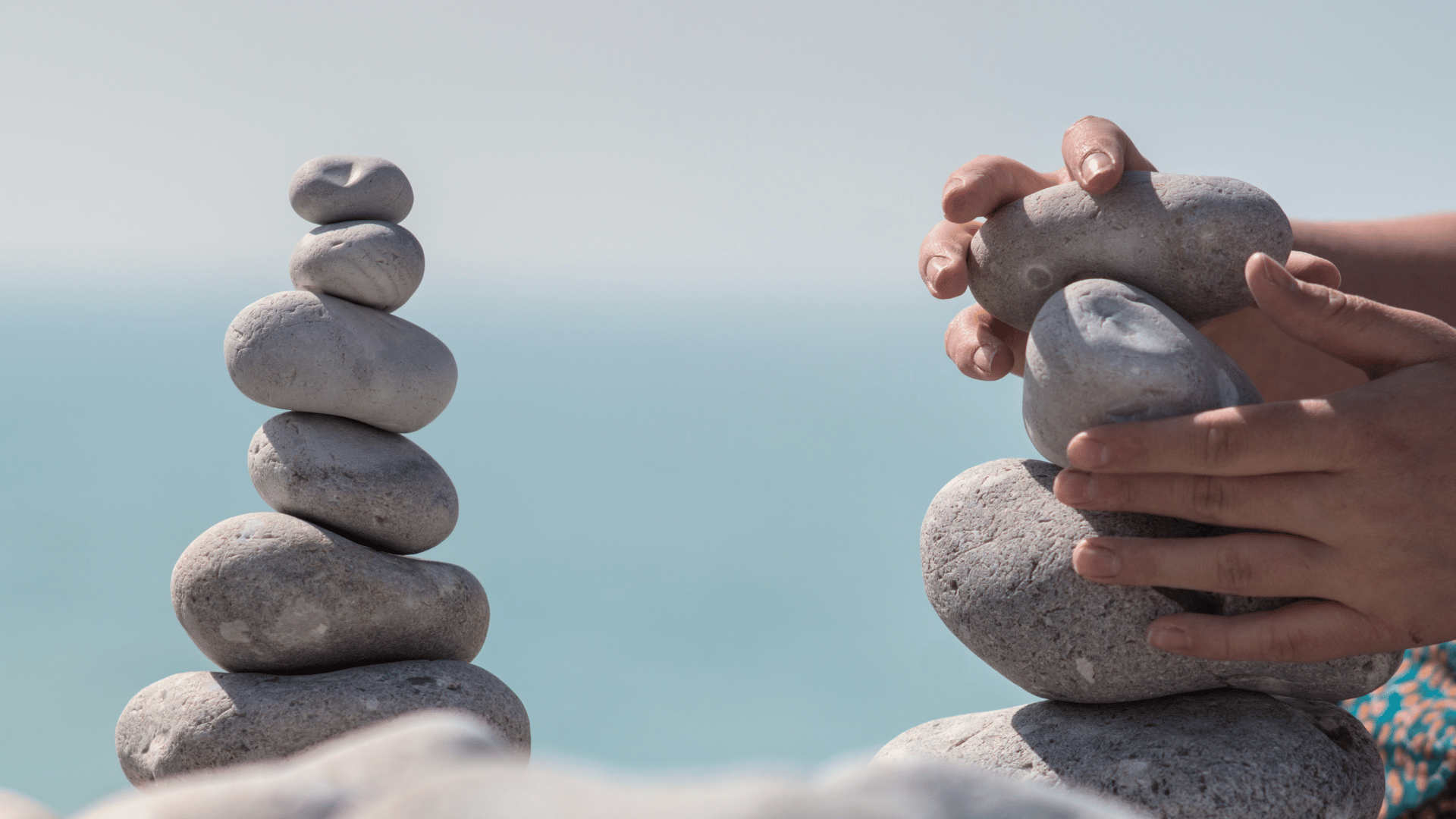When I find myself holding my phone in the middle of the night, as I often do, I think to myself: there must be a better way for me to spend my time. Like sleeping, for example. When my screen glows at 2am with supposedly soothing amber light, I tell myself that I’ll just check it for a minute. An interesting email or text, however, is enough to keep me awake for hours. During the day, I can check my device dozens of times, especially when I am waiting to hear an exciting piece of news. At moments like these, I realize: I need a digital diet.
I am not alone. The possibility that spending too much time on our devices could impact our mental and physical health is a hot topic of conversation. When even the CEO of Apple cautions us about excessive screen time, we should pay attention. In a recent interview with ABC News, Apple CEO Tim Cook suggested that it is, indeed, possible to have too much screen time. Cook’s comments follow a boom in expert research into how heavy exposure to screens may be related to the prevalence of anxiety, depression, and other mental health issues. Such research has revealed some alarming patterns, especially among young children and teenagers.
Can we really forgo technology in our modern world?
As a teacher, I love talking to students and their friends (including those in their late teens and early 20s) about their relationship to technology. The growing research into the possible harm of excessive screen time is hardly news to them. Indeed, a number of people I know who fall in this age range have taken breaks from their devices, either self-imposed (during exams, for instance) or unintentional (when they travel and are confronted with horrific WiFi or astronomical roaming charges). After these periods of hiatus, these people have reported feeling a greater sense of calm and well-being. So why, I ask them, do they resume their digital lives in full force after these breaks are over?
It can be hard to limit your screen time when you feel your personal and professional lives rely on it.
Here’s what my younger friends and students tell me. Their social lives (and, for some, professional lives) depend on constantly monitoring numerous platforms. For these people, the fear of missing out has some real justification. They will miss out if they make a decision on their own to cut back on digital consumption without the cooperation of their friends and colleagues.
There are also people who are working at the cutting edge of digital creativity, producing works of art that make the boundaries between the organic and online realms more fluid. For such people (and you may be one of them), a digital diet would need to accommodate their amazing work.
Looking for solutions
In response to this dilemma, innovative thinkers are hatching solutions to smartphone overexposure. For example, computer science professor and productivity guide Cal Newport, offers many great reasons to “declutter” your digital life in his TED Talk. He argues that social media sites are sources of entertainment that you can swap for other, less harmful ones. He says that social media companies hire individuals as “attention engineers” who use similar tactics to casinos to make you addicted to their site. Newport recommends that you treat your attention with respect instead of constantly staggering it with frantic screen time.
If I’m being honest, my online presence is pretty limited, in part by design and in part by accident. The “design” part revolves around the lucky fact that most of my friends and I, like some others in their 30s, still rely on email and text to stay in touch as opposed to newer platforms like Snapchat and Instagram. My social media involvement is limited to the occasional Facebook check-in.
The “accidental” source of my online restraint is my technological ineptitude, which is staggering in scope. (My friends and colleagues are laughing their heads off as they read this.) So when Newport describes his lifestyle, which he jokes resembles that of a “1930s farmer” my response is: Sign me up! I’m completely on board. Unfortunately, the need for technology inevitably creeps back into my life.
I wonder whether the most successful solutions to digital overexposure could emerge from the digital realm itself. Mental health resources abound online, of course (and the good people at Vent Over Tea have made this blog one of them!) Other tools include smartphone features that track screen time and schedules for your digital use, which can turn your experience from a reactive one into a more mindful one.
Be mindful
Regardless of your own digital style, it could be worthhile to consider whether others you know and work with could join you in trimming down your screen time. Being mindful of how often you use technology is the first step to cutting back. As for me, you can find me trying not to “binge” on the allure of a mysteriously glowing screen.
If you’re feeling concerned about your smartphone use,
Book a free vent session today.




